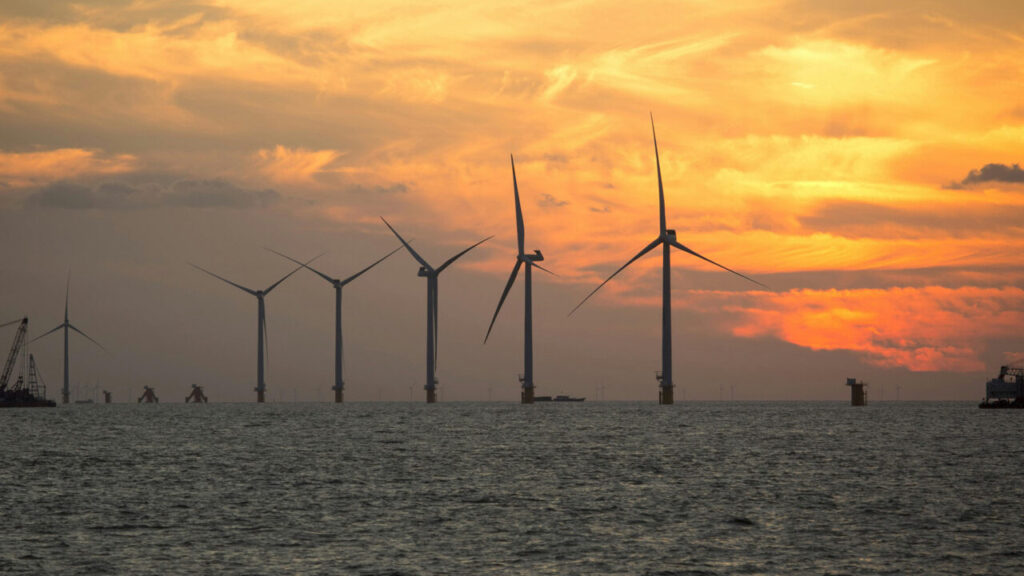The Offshore Wind Growth Partnership (OWGP) has revealed the recipients of its £1.4 million Manufacturing Facility Support Programme (MFSP).
Split into amounts of up to £500,000, the funding has been awarded to ARC Marine, DFS Composites, Global Energy Nigg, a Venterra Group Company and W3G Marine to develop new manufacturing facilities or expand existing ones.
The MFSP provides matched funding to enable early-stage investment and reduce risk for UK manufacturers of key offshore wind components, equipment, and systems.
It targets pre-investment activities that will enable manufacturing projects to unlock larger capital investment from other sources.
This is intended to address the manufacturing priorities outlined in the Offshore Wind Industrial Growth Plan, reinforcing the UK’s position as a global leader in offshore wind manufacturing.
OWGP programme manager Claire Canning said the scheme will “prove vital” for enabling early-stage investment.
The Offshore Wind Industrial Growth Plan was published by the Offshore Wind Industry Council (OWIC), Renewable UK, and the Crown Estates of the UK and Scotland in April 2024.
It set out a way to triple offshore wind manufacturing capacity over the next ten years, citing that each large offshore wind farm adds £2-3 billion to the economy as rationale.
RenewableUK said that the UK has “the second largest global pipeline of offshore wind projects at all stages of development at nearly 100GW,” more than six times its current capacity.
UK offshore wind expansion
Establishing domestic parts manufacturing will support the projected growth of the UK’s offshore wind fleet. At the beginning of this month, prime minister Keir Starmer announced that the UK and Ireland will create a new data-sharing arrangement to help facilitate more offshore wind development in the Celtic Sea.
As part of this, the sea basin will be mapped to enable the development of better subsea interconnectors between the two nations, cutting red tape to increase the amount of offshore wind development in the Celtic Sea.
Further, the employment opportunities opened by domestic manufacturing (the growth plan says it could create an additional 10,000 jobs a year between now and 2035) can support the just transition in the North Sea.
The government has committed to ending new licenses to explore new fields, including all new seaward exploration and production licences to search for and extract new oil and gas resources in the UK. The move is criticised for causing job losses, but the government is at pains to demonstrate that a just transition will create “tens of thousands” of new jobs.
It is consulting on how to handle the North Sea transition and recently published findings of a feasibility study exploring options for the industrial future of the Grangemouth oil refinery.






